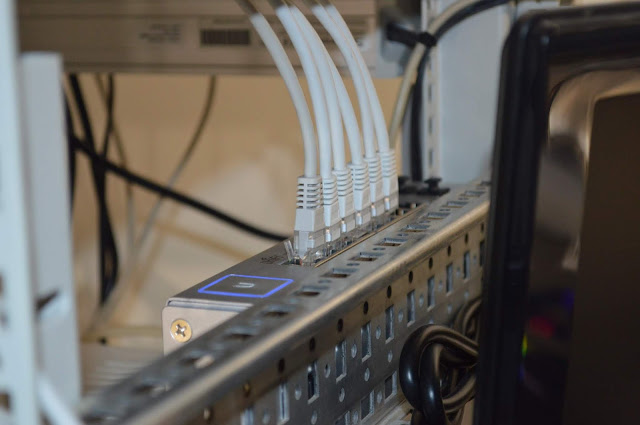The Different Types of VPN and VPN Protocols
VPN services have been making a mark across
numerous platforms, thanks to several uses that it puts forward. While
individuals opt for the same, they are also aware of protocols or VPN protocols
that tend to tag along. But the disappointing aspect of it all stands to prove
that individuals are not aware of the different types of protocols. These
so-called protocols are based on different network layers, and it goes up in
numbers. So to familiarize yourself with them, we have made a list of different
types of VPN protocols. Check out here to know more about the different types of VPN Protocols.
1. IPSec - Internet Protocol Security
Internet protocol security is the most
common protocol that has emerged in uses and advantages. It goes ahead to be a
procedure for keeping records safe from a gateway network and host-to-host
communication. So your IP network would be protected from all kinds of
end-to-end users. IPSec enhances the connection security by providing public
and private keys to either lock or unlock data. The correct usage of these keys
will be helpful in encryption and decryption mode.
2. PPTP - Point-To-Point Tunnelling Protocol
The point-to-point tunnelling protocol
operates through a combination of PPP(Point-To-Point) and its interaction with
tunnelling protocol. It was once the product of Microsoft and has moved ahead
to become a suitable VPN protocol since it ensures the security of Virtual
Network through versatile conventions. To implement and carry things forward;
it makes a tunnel between two disburse networks and the data that has been
driven from this tunnel is authenticated and encrypted. Once the protocol
furnishes the same, it can quickly be passed from the tunnel.
3. SSL - Secure Socket Layer
Secure socket layer and transport layer
protocols are cryptographic protocols that work for security on the HTTPs
request. Websites and chat messenger are aimed to have a secure connection
between the browser and the application server. Thanks to HTTPS, things tend to
get securely established and take the relationship of a web browser to an
application server. This process completes its operations with data
authentication through the use of crucial mutual generation. These public keys
are allowed to be used at both encrypting and decrypting the request details.




Comments
Post a Comment